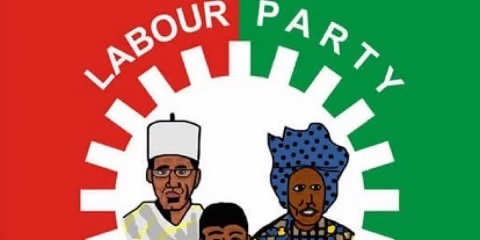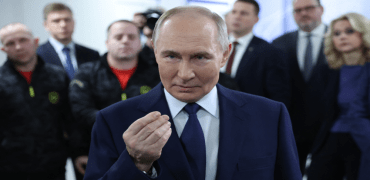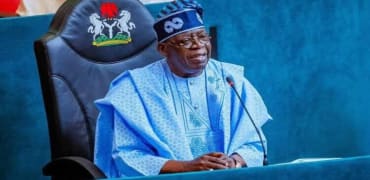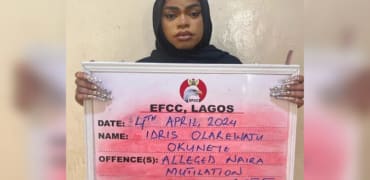Labour Party’s 2027 Game Plan: Inside the Grassroots Revolution to Rebuild and Dominate
Labour Party’s 2027 Game Plan: Inside the Grassroots Revolution to Rebuild and Dominate
By Achimi Muktar
In a bold move to reclaim its political footing and establish dominance ahead of the 2027 elections, the Labour Party (LP) has unveiled an ambitious grassroots mobilization strategy designed to restructure its state directorates, enhance organizational efficiency, and tackle lingering challenges from the 2023 general elections.
The highlight of this revitalization drive is the inauguration of state coordinators across all state secretariats, scheduled for Friday, in what promises to be a landmark shift in the party’s approach to politics.
The Director General of the LP Directorate of Mobilization and Integration, Marcel Ngogbehei, along with Sheikh Rufai Al-Saddiq, Deputy Director of Strategic Engagements, revealed the party’s comprehensive tactical plan. The duo emphasized that the strategy focuses on harmonizing state-level structures with the party’s national framework while fostering closer collaboration with grassroots associations and support networks.
A Tactical Plan to Bridge the Gaps
In their statement, Ngogbehei and Al-Saddiq described a three-to-six-month tactical plan aimed at addressing organizational inefficiencies.
“We are restructuring the Directorate and bringing in more hands to fill capability gaps identified during the 2023 elections,” Ngogbehei said. “The state directorate will become the operational interface, working closely with state chairmen and the National Working Committee.”
To ensure a seamless integration, the LP will establish a dedicated mobilization and integration management team in each state. These teams will include coordinators, secretaries, and representatives from senatorial zones to align grassroots efforts with the party’s larger vision.
Strengthening the Support Base
Recognizing the disconnect between the party and its support structures during the last elections, the LP is determined to build a “web of trusted fellows with integrity.” According to Ngogbehei, this effort will focus on fostering loyalty and professionalism within the party.
Part of this strategy includes engaging diverse grassroots groups, such as associations of tailors, mechanics, and transport workers. By doing so, the LP aims to expand its membership base, integrate diverse interest groups, and build lasting coalitions.
“We are not just recruiting members; we are creating a loyal base of skilled individuals who will grow alongside the party. These individuals could evolve into candidates or continue as strong support structures,” said Ngogbehei.
Beyond Campaigns: A Vision for Sustained Growth
The Labour Party is taking a long-term approach to its grassroots strategy. Beyond the 2027 elections, the initiative is designed to develop trusted networks, ensure seamless communication between the national and state levels, and instill critical skills in members.
“We want to solve one of the problems we faced in 2023 — the lack of a harmonious integration between the party and its support structure. This time, we are building a foundation of confidence and transparency,” said Al-Saddiq.
Measuring Success
The LP plans to gauge the success of its grassroots mobilization by tracking recruitment numbers, the coalitions built within each state, and the diversity of interest groups attracted. The party is optimistic that its strategy will translate into tangible electoral gains, especially in historically challenging regions.
As the Labour Party moves to inaugurate state coordinators and roll out its tactical plan, one thing is clear: the battle for 2027 has begun, and the LP is not leaving any stone unturned in its quest to redefine grassroots politics in Nigeria.




















